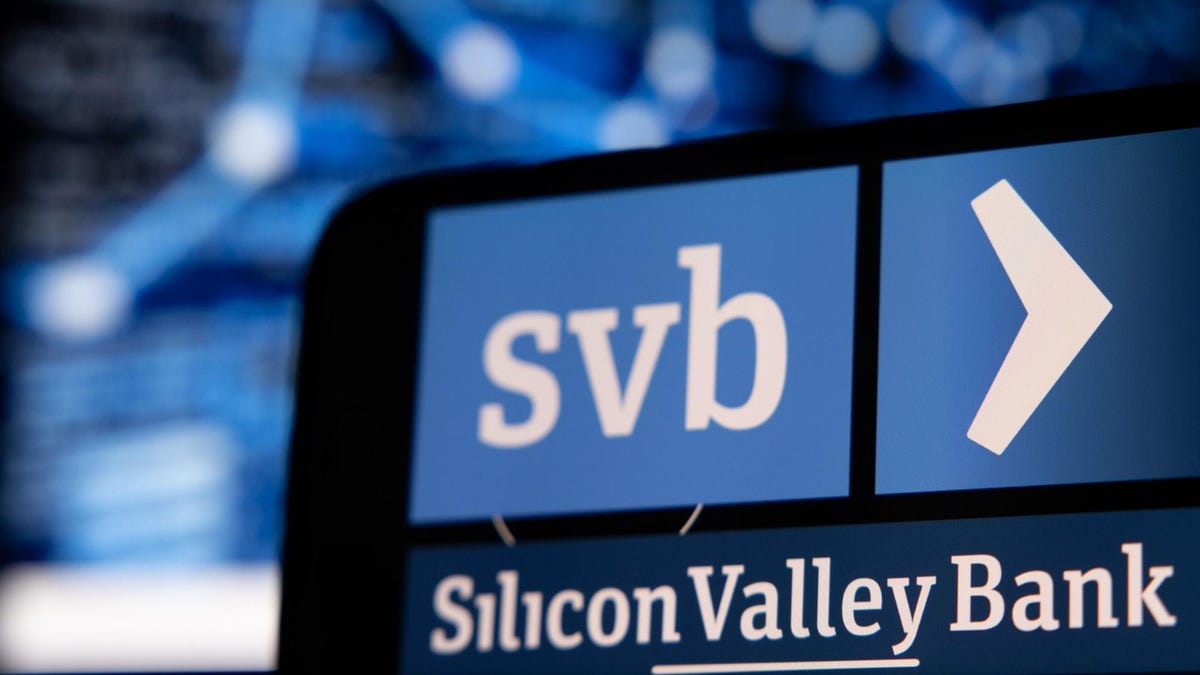Mercury and other fintechs serving startups are seeing demand spike. But can they hold on to the new customers?
The deluge of new account requests began hitting San Francisco-based Mercury last Thursday morning, the day after Silicon Valley Bank announced that it had sold $21 billion in securities at a $1.8 billion loss and needed to raise more capital. Over the weekend, as federal bank regulators scrambled to make sure SVB’s failure didn’t set off a broader bank run, Mercury’s workers scrambled too; its normal account-opening staff was doubled to 60, as risk and compliance pros, plus volunteer software engineers and salespeople (who got a crash course in how to verify and approve new customers), pitched in.
In both cases, the extraordinary measures seem to have paid off–for now, at least. Regional banks have stabilized. And according to venture capitalists, Mercury has likely been the biggest winner so far among the fintech digital banks.
Immad Akhund, Mercury’s 38-year-old CEO and cofounder, reports that in just six days his 470-person company has added more than $2 billion in deposits and thousands of customers to the 100,000 accounts it had before. He started Mercury six years ago, he says, precisely because he believed a technology-based banking platform could provide better service to startups than SVB. “I had a lot of respect for [SVB]. I used them at my previous company,’’ he says. “I’m sad about it personally. It’s been a real mix of emotions.”
Mercury is hardly the only fintech that has capitalized on the SVB failure. San Francisco-based credit card startup Brex, which offers a business banking account, added 3,000 new customers over the past week and reportedly also took in billions in new deposits, though the company declined to confirm any dollar amounts. Brex also extended loans to former SVB customers to help them meet payroll.
Meow, a New York startup that lets companies earn interest on their cash through U.S. government bonds, has been seeing “hundreds of millions [of dollars] in daily demand” over the past week, the company claims. Arc, which lets software companies sell their future revenue streams in exchange for upfront cash, has seen “500 startups apply for a combined total of more than $150 million in payroll financing since Thursday,” says CEO Don Muir. New York-based digital bank Rho has also seen a surge of new customers.
While the digital banks have been quick to pull in new deposits and customers, it’s hard to tell if they will be able to retain them. “I question the stickiness of some of the flows that have happened in the past week,” says Merritt Hummer, a fintech investor and partner at Bain Capital Ventures. “It’s way too early to declare victory.” She thinks many companies will opt to put their money in the largest U.S. banks like JPMorgan, Bank of America
BAC
The top beneficiary from this crisis will likely be JPMorgan, the biggest American bank that already has more than $2 trillion in deposits. But the banking giants often can’t open accounts as quickly. “We had some companies who thought it was a smart, flight-to-quality move to open a new account at JPMorgan,” says one venture capitalist. “They’re still waiting, and they’re going to be waiting for a week.” A JPMorgan spokesperson declined to comment. By contrast, Mercury has been opening some new accounts in under an hour, it says.
Besides being slower, the banking behemoths may not offer startups and the venture capital community the same level of attention and focus and the customized products that SVB did (and the digital banks aspire to). “I still think a lot of people will go to the big four banks. It’s a shame because those banks aren’t really good for us,’’ says Sheel Mohnot, a seed-stage fintech investor. “They don’t even really want our business.”
Of course, nearly all digital banks aren’t technically banks with bank charters and FDIC insurance–instead they partner with traditional banks that hold customers’ deposits in insured accounts. Here Akhund acted fast too; on Monday, Mercury began offering up to $3 million in FDIC insurance coverage, up from $1 million last week. Since the limit on federal insurance is still supposedly just $250,000 per depositor (though the government’s decision to cover all the deposits at SVB and at Signature Bank calls that into question), fintechs like Mercury broaden the safety net by splitting up customer funds across a network of dozens of banks.
Mercury launched its business checking account in 2019 and a corporate credit card for its startup customers just last year. (It has raised $152 million from Coatue Management, Andreessen Horowitz, CRV and others and was last valued in July 2021 at $1.6 billion.)
Mercury’s primary bank partners are Memphis, Tennessee-based Evolve, which had $1.5 billion in deposits at the end of 2022, and Fargo, North Dakota-based Choice Bank, with $3.8 billion in deposits at the end of last year. Here’s how the partnerships work: When a company signs up with Mercury, the customer initially chooses either Evolve or Choice to domicile its money. If the company deposits more than $250,000, Evolve or Choice will “sweep” the additional funds into the other banks in its network.
For example, Evolve has about 40 banks in its sweep network, ranging from credit card giant Capital One to Pennsylvania-based Quaint Oak Bank. If a Mercury customer chooses Evolve and has $3 million to deposit, Evolve will divide up that money between 12 different banks it partners with. (Choice currently offers just $1 million in FDIC coverage for deposits, though it is working to increase that amount.)
Other fintechs like Brex also offer more than $2 million in FDIC coverage through the same setup–by chopping up deposits and sending them to multiple banks.
This web of intertwined companies raises an important question: why should customers feel safe putting their money in the small banks Mercury partners with? Technically, no institution is completely safe from a bank run, since even the most irrational rush to the exits by too many customers can bring a bank down, and there’s no guarantee all deposits at a small bank would be covered by the FDIC as they were at SVB. That is why the digital banks slice the deposits into $250,000 bites and distribute them. (Mercury suggests that funds in excess of $3 million be placed in Vanguard’s Treasury Money Market mutual fund and offers an interface for customers to do just that.)
But the small banks Mercury deals with reject any suggestion that they’re riskier than their much bigger competitors. Choice CEO Brian Johnson argues that his bank didn’t make long-duration investments like Silicon Valley Bank did. “We’re not only well capitalized, but privately held,” he adds. Being private means it doesn’t have as much pressure to boost quarterly profits as public companies like SVB did. “You tend not to panic when you have long-term shareholders versus institutional money that has to perform in their stock portfolios,” he says. Johnson says that Choice saw about $1.5 billion in new deposit inflows over the past week, roughly 90% of which came through Mercury.
Evolve, Mercury’s other bank partner, issued a statement Monday saying it was “strong and stable” and that, unlike SVB, “Our securities portfolio, which is mostly comprised of U.S. Treasury and government agency bonds, maintains a short duration and is highly liquid.”
MORE FROM FORBES
Read the full article here










